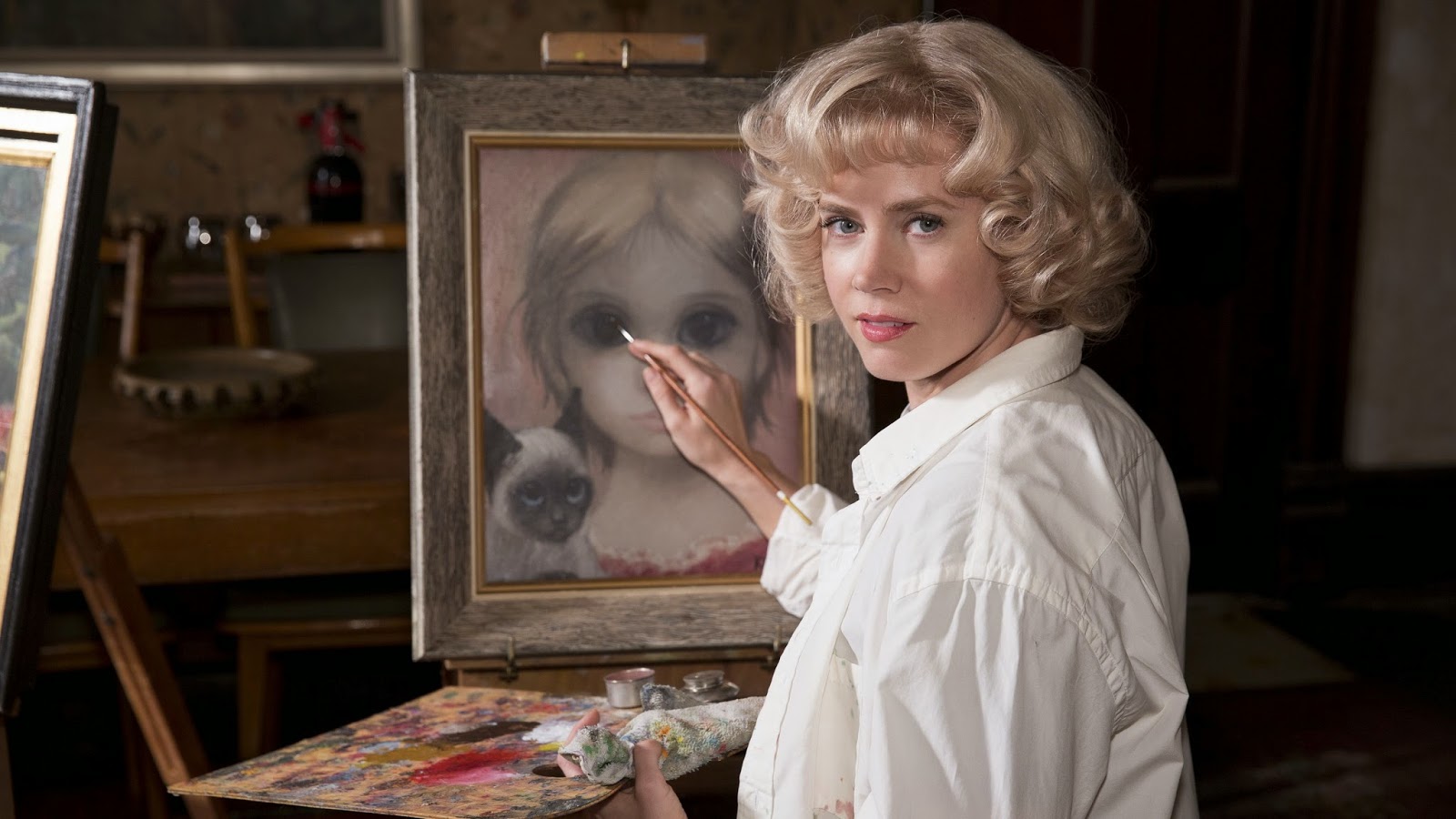Director: Tom Ford
Runtime: 116 minutes
It's perhaps not the greatest sign that the scene that has stuck with me the longest from Nocturnal Animals is the one that absolutely nothing to do with the rest of the plot. A mesmerizing series of grotesques set to Abel Korzeniowski's lush score kicks things off in a way that would make David Lynch proud. What follows, sadly, has the basic blueprints for a mesmerizing Russian Nesting Doll of a story, yet struggles to get beneath the artifice to something worth savoring. Fashion designer Tom Ford, in his second feature, continues to showcase his hidden gifts as a director (following the achingly beautiful A Single Man 7 years ago). And he's assembled a cast of talented actors to make it all sound convincing. But what gets in the way of Ford's Nocturnal Animals is Ford himself...or at least, his screenplay.
Adapted from Austin Wright's novel "Tony and Susan," Nocturnal Animals is either three stories in one or one story fragmented into three volumes. In the first, we meet Susan (Amy Adams), an art gallery owner trapped in an increasingly hollow marriage to a philandering Ken Doll of a husband (Armie Hammer). Susan is jolted from her sterile LA lifestyle when she receives a manuscript for a novel from her ex-husband Tony (Jake Gyllenhaal). As she reads through the draft (also titled "Nocturnal Animals"), she traces the connections between it and her relationship with Tony, which ended under less than pleasant circumstances.
What transpires is, on paper, a compelling slice of modern noir punctuated with heavy doses of a grimy Texas-set revenge thriller. Working with many of the same technical collaborators from A Single Man, Ford has crafted another luxurious cinematic experience, ranging from the aforementioned music to the chameleonic photography (and of course, the clothes). It looks the part, sounds the part, and even adds a few new tricks to Ford's directorial skill set. The dramatization of Tony's novel (in which Susan imagines Tony in the lead role) kicks off with a terrifically staged car chase on an empty West Texas road, and builds to a chilling climax.
But what's missing from Nocturnal Animals is the psychological acuity that gave such weight to A Single Man. There's a lot of external activity on screen, but precious little of it gets beyond the surface of the beautiful faces on screen. What transpires often enthralls in the moment, but dissipates soon after. You'll likely find yourself wanting to be investing in these people, but Nocturnal Animals too often refuses to even meet you halfway.
Credit then, belongs to the actors for filling out these roles as best they can. Adams, coming off Arrival, turns in another quiet, introspective performance. But while Arrival allowed the actress room to take her character on a journey, Nocturnal Animals too often relegates her to the same position as the audience: a watcher. She is pushed to the margins, and spends more time staring out of windows and taking off her (admittedly killer) reading glasses than she does contributing to the story.
Gyllenhaal, though occasionally pushed to go over the top, is also effective in both of his grief stricken forms, while Michael Shannon nearly steals the show as a sickly sheriff in Tony's novel. Taylor-Johnson is suitably menacing, though eventually his backwoods terrorizer schtick becomes repetitive. Actors like Hammer, Andrea Riseborough, and Michael Sheen do what they can with limited time, while Laura Linney makes the most of her 1 scene cameo as Susan's imperious mother.
Just about everything in Nocturnal Animals is at least watchable, and for large stretches it's perfectly engaging. But while the narrative's structural divisions are admirable, their proportions are all off. So much time is spent bringing Tony's novel to life that Susan's current existence and her past life with Tony feel like add-ons struggling to justify themselves. And yet, if you were to cut them out, Tony's novel on its own wouldn't be enough to justify a full film. Ford spends so much time figuring out how to cobble the story together that he seems to have neglected to make even the faintest point out of everything. For all of its beauty, it's the ugly imperfections that linger longest. Nocturnal Animals pretends to get its hands dirty, but upon closer inspection, there's never a speck of dust under its immaculately manicured fingernails.
Grade: B-






